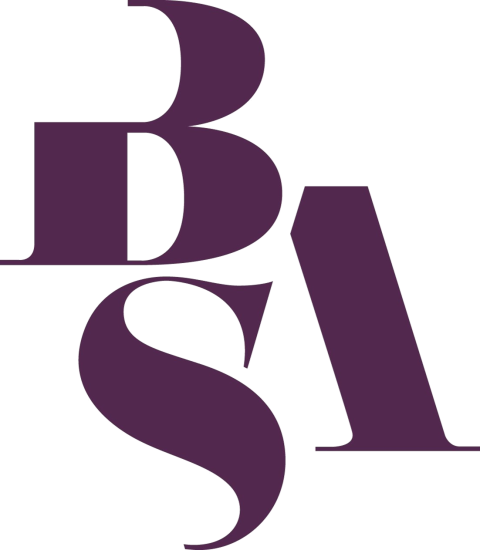
Author: Anat Greenstein
Abstract: In this paper I will use autoethnography to argue that activism based on love, care and solidarity, is as radical, crucial, life sustaining and timely as those tactics based on rage, disruption and conflict. Starting from the perspective of disability, and in particular energy limiting impairments, and drawing on the idea of “minor politics” (Deleuze & Guattari, 1987), I will explore how low energy and the need for rest bring into focus previously neglected avenues of activism, that may open up new ways of resisting hegemonic and oppressive power.
I will be looking at my experiences as a feminist, anti-Zionist and anti-militarist, disabled activist (though not necessarily a “disability activist”) in this particular time in Israel/Palestine. Life as a Jewish citizen of Israel is characterized by an ongoing cycle of crisis, followed by periods of “almost -war” and “almost peace” (Givoni, 2021). On an affective level, this routinization of emergency brings about a heightened sense of preparedness, alertness and anxiety. This ‘crisis orderiness’ (Berlant,2011) brings about a sense of “stuckness”, and the notion that (anti-apartheid) activism can at best delay some atrocities, with little hope of radical change. Yet, since the election of Israel’s most right-wing, Jewish -supremacist and messianic government, a huge wave of rage and resistance has swept a large portion of the Israeli public, bringing with it sustained mass demonstrations and mainstream approval for tactics of confrontational civil disobedience.
When these confrontational tactics, previously reserved for a radical milieu, became mainstream, I found myself struggling with shame and guilt over my broken body, that is too fragile to stand up against fascism. The urgent call for “everybody” to take to the streets can become excluding and even ableist when chronic pain and fatigue greatly limit the ability to part take in demonstrations and direct actions. The need for rest, recuperation and support, not as a “nice to have”, but as a basic need, necessitates the development of other, less confrontational and less intensive forms of activism. The concept of “minor politics” refers to tactics that do not seek to gain major power, but rather to minimize the level of oppressive power that is operated on and operates through the activist (Zehavi, 2010). The development of such minor activism requires the slow pace, close attention to nuance and micro changes, and the prominence of interdependent webs of relations, that are often part of living with energy limiting conditions. This presentation will explore how starting from the position of disability can help us develop such minor tactics, which, alongside more major politics, have the potential to allow movement and change within a perpetual state of crisis.
Works cited:
Berlant, L. (2011). Cruel Optimism. Duke University Press.
Deleuze, G. & Guattari, F. (1987). A Thousand Plateaus: Capitalism and Schizophrenia. University of Minnesota Press.
Givoni, M. (2021). Hope on the move: Israeli humanitarians between
resilience and utopianism, History and Anthropology, DOI: 10.1080/02757206.2021.1954633
Zehavi, O. (2010). Minority. Mafte’akh: Lexical Review of Political Thought, 1: 91-103.
Author bio: Anat Greenstein (she/her) is a disability studies scholar, and a feminist, anti-militarist activist in Israel/Palestine. She is the author of Radical Inclusive Education: Disability, teaching and struggles for liberation, which examines what education would look like if built from the perspective of dis-ability. Her work often explores what a dis-ability perspective can reveal about implicit, underlying norms and social structures

